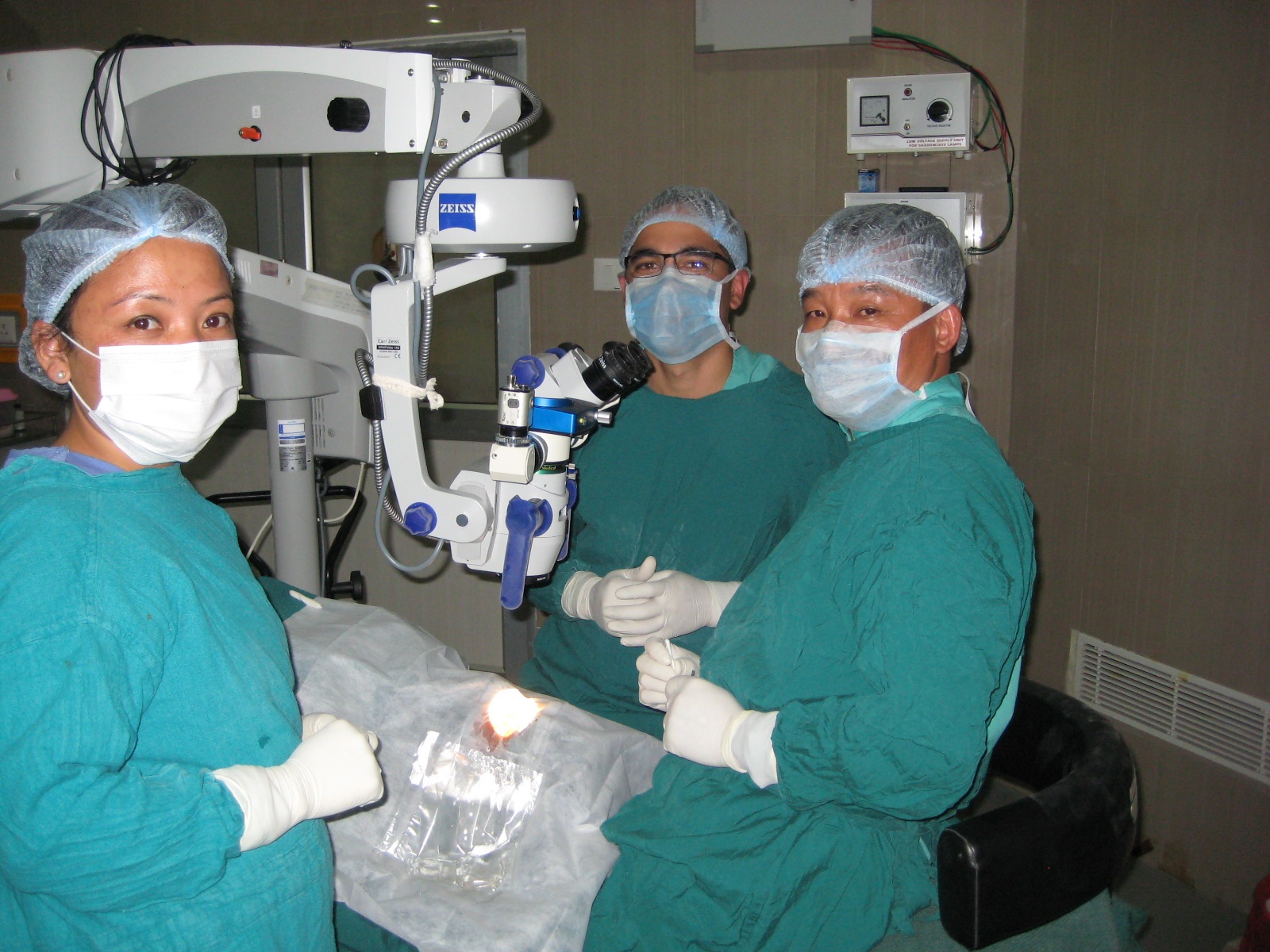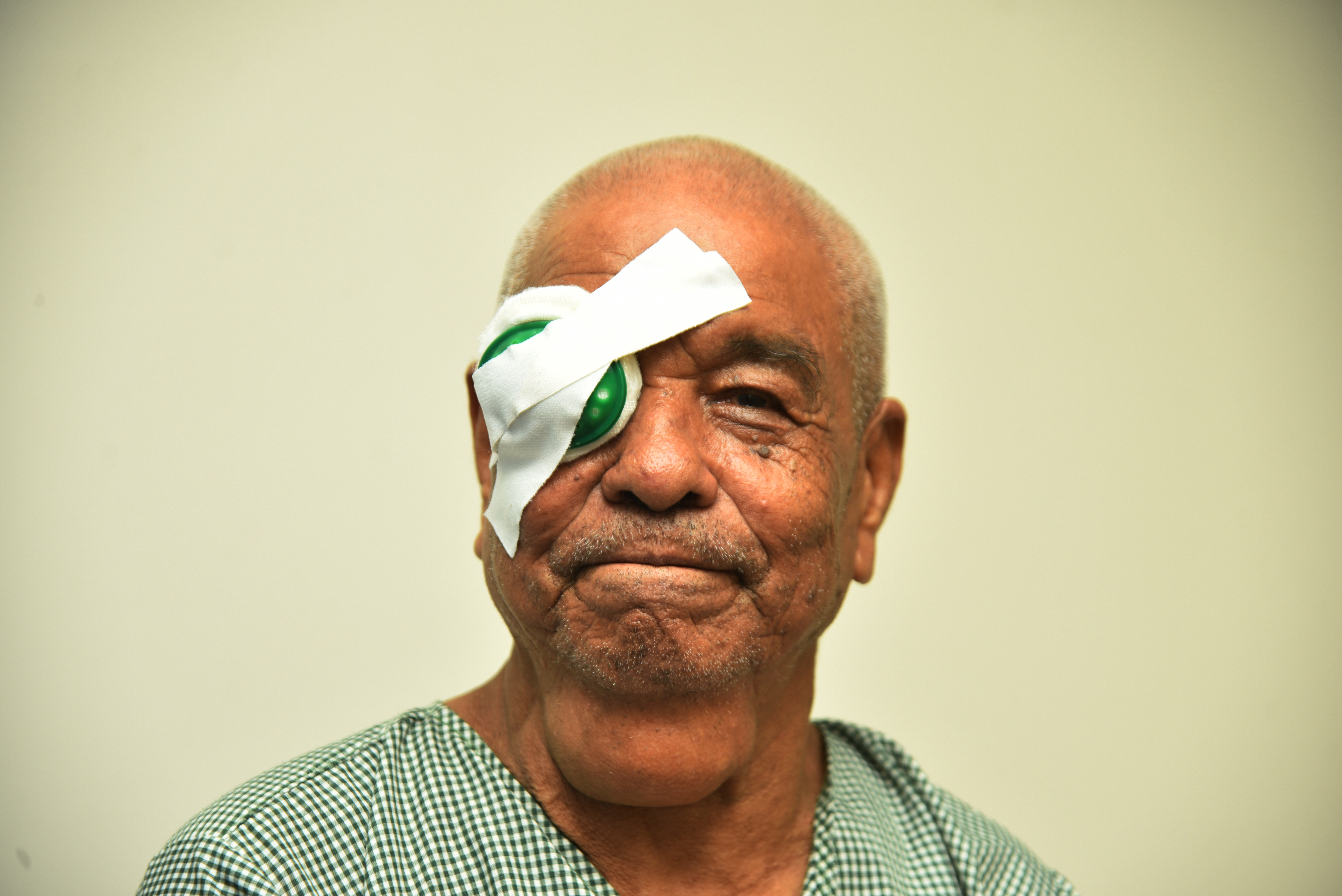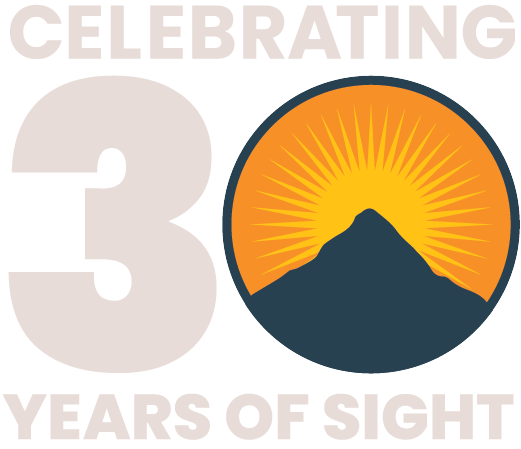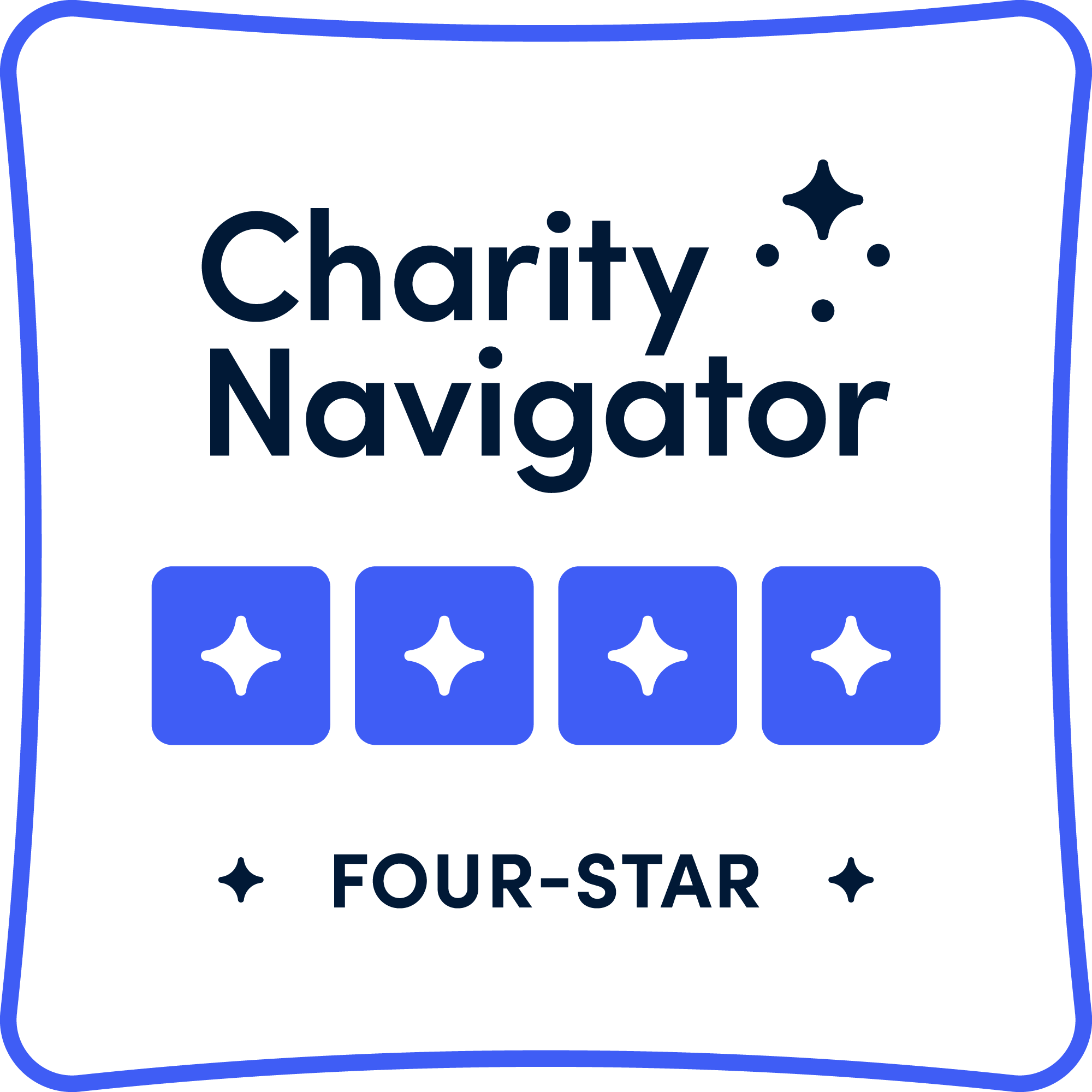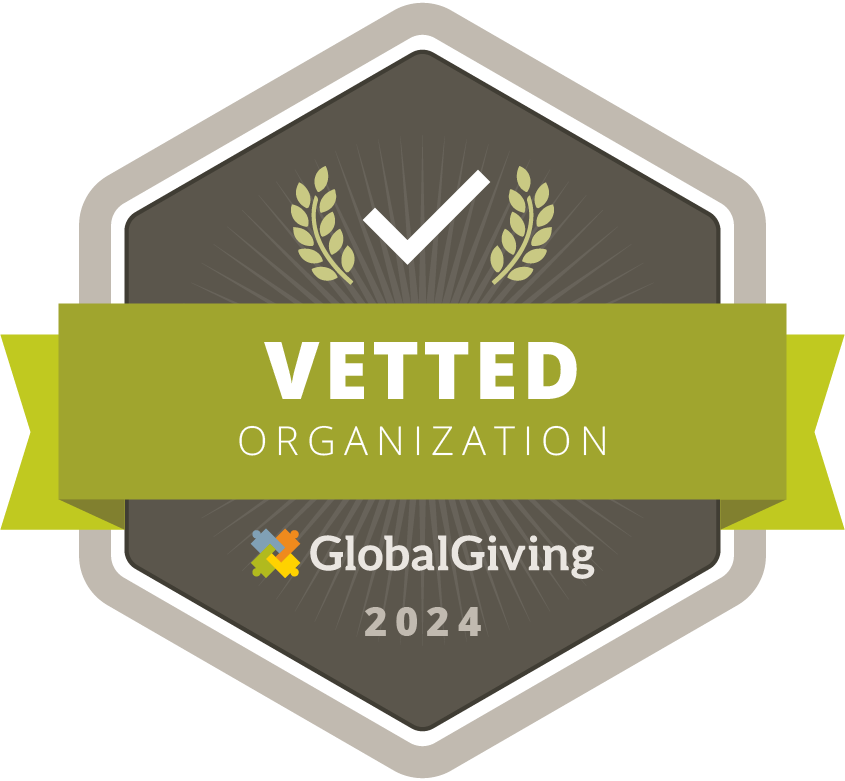From Residency to Impact: How Cure Blindness Project Empowered My Mission
At Cure Blindness Project, our work is defined by the dedicated clinicians who carry sight-saving care forward in their own communities. We’re honored to share the story of Dr. Abeba Tesfay of Quiha Hospital in Ethiopia—an inspiring ophthalmologist whose journey reflects the resilience, partnership, and long-term impact that strengthen eye care systems even in the most challenging circumstances. Her reflections illuminate how training, mentorship, and sustained collaboration can empower providers to rebuild, innovate, and expand access to quality eye care for all.
“I first learned about Cure Blindness Project during my second year of residency when they generously supported our International Council of Ophthalmology (ICO) examinations. They fully covered the fees for four exams, which enabled me to become a Fellow of the ICO after completing the advanced level.
“After finishing my residency in 2021, I returned to serve at my home institution, but soon after, the war broke out. During that difficult time, there were no consumables or even gloves to treat patients—we had to wash and reuse gloves and do our best to provide care with the limited resources available.
“Following the peace agreement, Cure Blindness Project was among the first to reach out and support our hospital. They organized a cataract surgical campaign and provided essential equipment. Since then, we have continued to receive their support to help clear the cataract backlog, which had drastically increased due to service interruptions during the war.

“My connection with Cure Blindness Project deepened when I became the postgraduate coordinator of our residency program, working closely with their team to strengthen our training. Their support has been instrumental—they facilitated a virtual classroom where our residents and faculty can learn from world-renowned ophthalmologists, provided access to the AAO BCSC series, covered expenses for yearly live classrooms, and supported residents to sit for the COECSA exams. Recently, they fully equipped our wet lab, benefiting both residents and faculty.
“In 2024, my colleague and I were honored to be selected as recipients of the Cure Blindness Project Research Grant. Our study on barriers to eye care services among the visually impaired and the impact of the war in Tigray, Ethiopia, was accepted for presentation at the Global Ophthalmology Summit, where we received the David Hunter Cherwek, MD Award.

“As I developed an interest in pediatric ophthalmology, we organized three pediatric ophthalmology campaigns, inviting pediatric specialists to perform surgeries and provide hands-on training—all supported by Cure Blindness Project. With their continued support, I am now enrolled in a pediatric ophthalmology and strabismus fellowship. Upon completing my training, I aim to return to my home institution to establish a dedicated pediatric ophthalmology unit.
“I remain deeply grateful for Cure Blindness Project’s unwavering support in strengthening eye care services, and I look forward to continuing to collaborate with them as a volunteer in the future.”
Dr. Abeba Tesfay, Ophthalmologist at Quiha Hospital, Ethiopia

